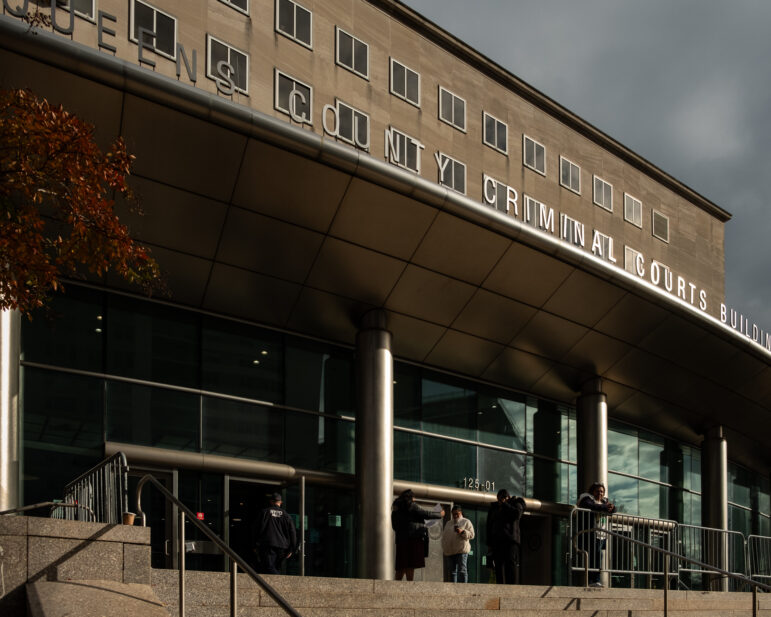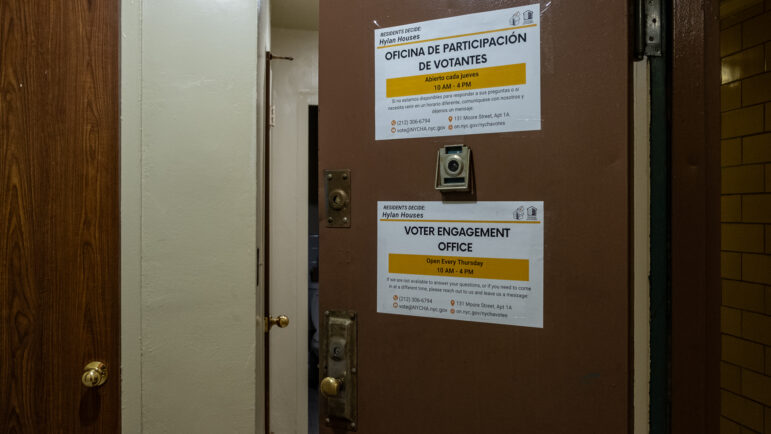Landlords love the new anti-tenant Housing Court law, but at least one Staten Island judge has ordered its eviction from his courtroom.
On November 10, Judge Philip Straniere ruled the law’s attempt to fast track evictions was unconstitutional. The decision has no legal implications beyond Staten Island, but the ruling could give judges precedent to avoid enforcing a provision that limits tenant appeals to eviction orders.
Judge Straniere took issue with a controversial provision requiring judges to order the eviction of ten-ants five days after they fail to deposit current rent payments in a court-monitored escrow account. Landlord lobbying groups pushed hard for the adoption of both the five-day and rent-deposit provisions. Tenant lawyers estimate that judges will be forced to order 25,000 new evictions in 1998 alone if the law is strictly enforced.
“[T]he tenant is entitled to the stay of eviction….Not to do so would violate the due process clause,” Straniere argued in his decision to grant a stay in the eviction of a woman who owed $388.30 to her landlord. “The new statute,” he added, “is not enforceable.”
It is unlikely the landlord’s lawyers will appeal the decision because the woman paid her overdue amount shortly after Straniere’s decision, Legal Aid lawyers told City Limits.
“The fact that this comes from the most Republican-dominated and conservative court is very good,” says Scott Sommer, a tenant lawyer who has briefed judges on the implications of the new law. “I don’t think the landlords would be expecting this decision…I’m hoping it’s going to inspire other judges to do the same.”
At press time, Legal Aid lawyers and tenants groups were drafting a constitutional challenge to the law, which was part of the June compromise that saved rent regulations in Albany. Ironically, the lawsuit was being held up because no judge had yet issued an order for a rent deposit as of late November.
Calls to the Rent Stabilization Association, the largest landlord trade organization, were not returned.







